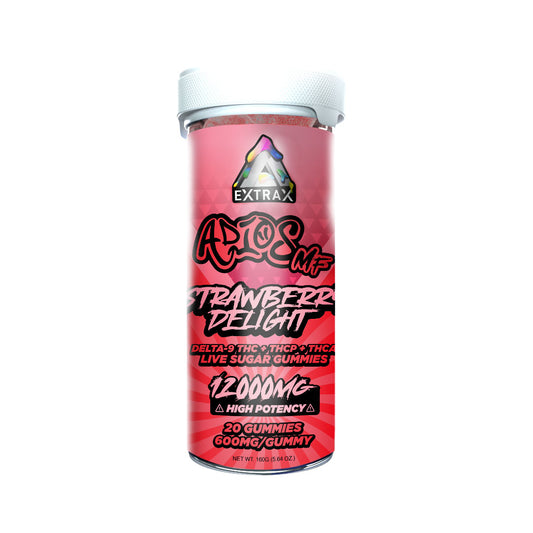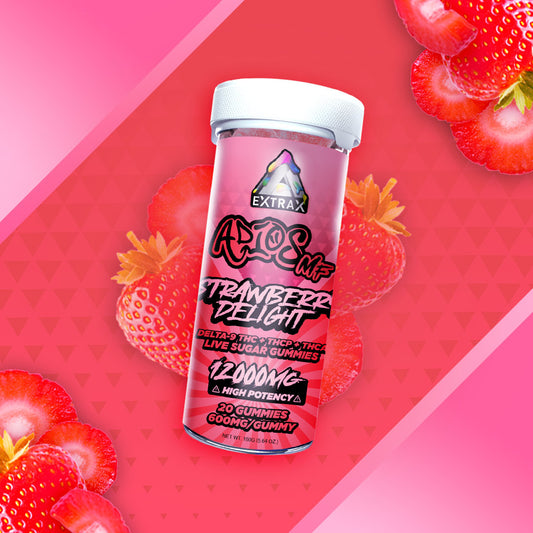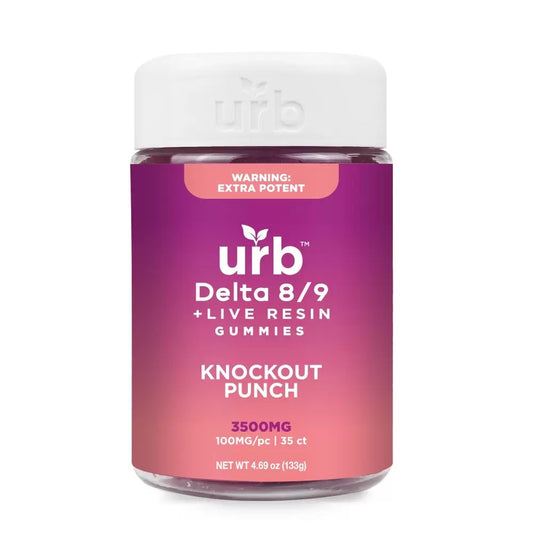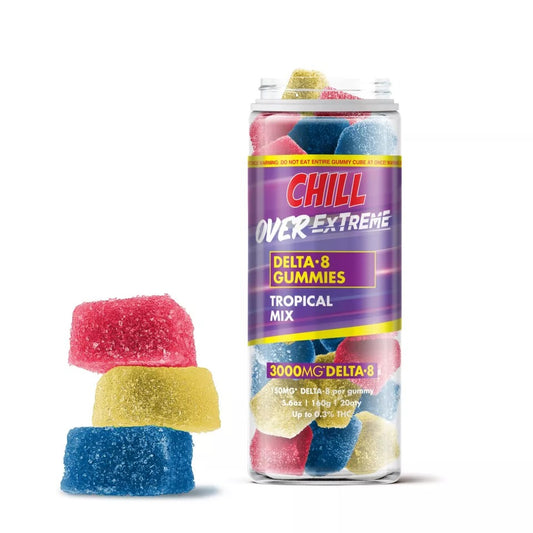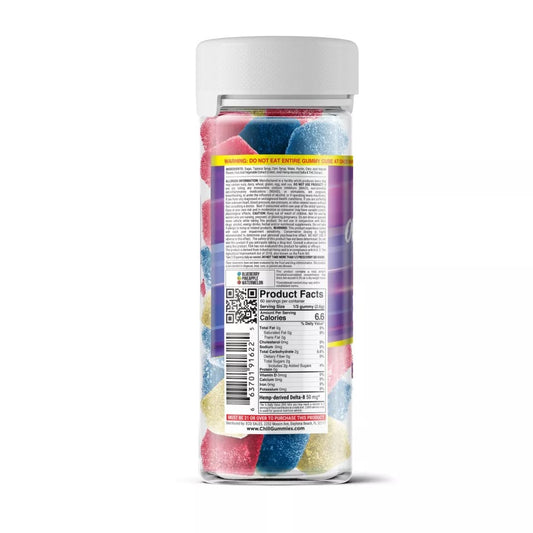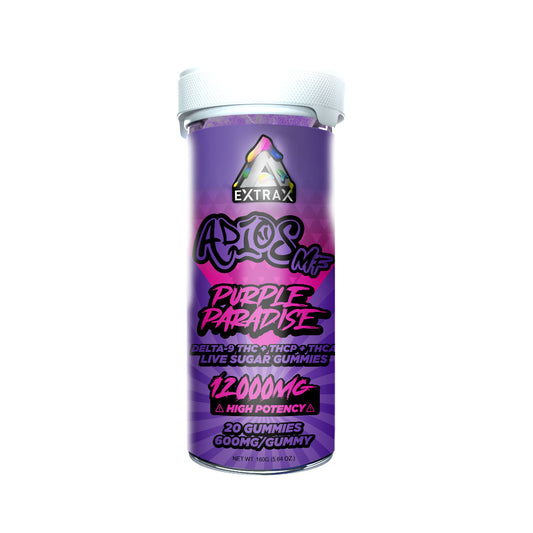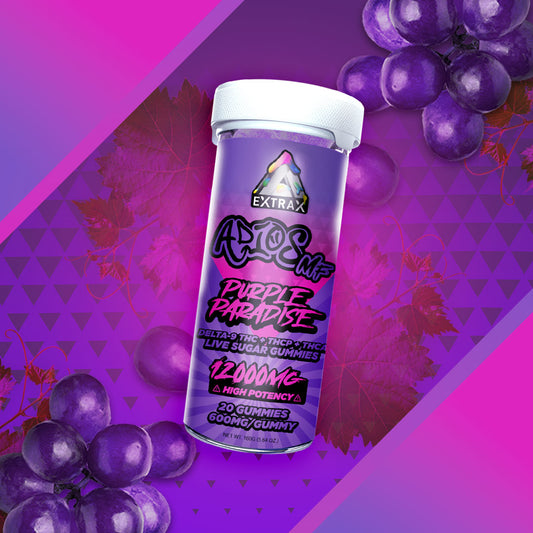
10 Differences Between Hemp-Derived Delta 9 and Traditional Delta 9 THC
Delta 9 THC is well-known in the cannabis world, but did you know there are key distinctions between its hemp-derived form and traditional sources? Let’s break down the differences to help you make informed choices.
1. Source Material
The most significant difference lies in the source. Traditional Delta 9 THC is typically derived from marijuana plants, which naturally contain high concentrations of THC. Hemp-derived Delta 9, on the other hand, is extracted from industrial hemp plants containing no more than 0.3% THC by dry weight, as defined by the 2018 Farm Bill.
2. Legal Status
Traditional Delta 9 THC is federally illegal in the U.S., though it is legal in certain states. Hemp-derived Delta 9 is federally legal, provided the product adheres to the 0.3% THC threshold. However, state laws may vary, so it’s essential to check your local regulations.
3. THC Concentration
Marijuana-based Delta 9 often contains much higher concentrations of THC, sometimes exceeding 20-30%. Hemp-derived Delta 9 products, such as gummies, maintain THC content below 0.3% by dry weight but are crafted in larger serving sizes to achieve comparable effects.
4. Production and Extraction
The extraction process also differs. Hemp-derived Delta 9 requires advanced techniques to isolate and concentrate THC from a plant with inherently low THC content. Traditional Delta 9 extraction is typically more straightforward, given the higher THC levels in marijuana plants.
5. Product Types
Hemp-derived Delta 9 is commonly found in products like gummies, edibles, and tinctures due to strict weight and concentration regulations. Traditional Delta 9 is more versatile, available in edibles, vapes, oils, and even flower form.
6. Accessibility
Hemp-derived Delta 9 products are more widely accessible, thanks to their federal legality. Many online retailers ship these products nationwide. Traditional Delta 9 is typically restricted to dispensaries in states where marijuana is legal.
7. Perceived Stigma
Hemp-derived Delta 9 products often carry less stigma due to their association with the hemp industry. Traditional Delta 9, linked to marijuana, may still face cultural or societal biases despite its legalization in some areas.
8. Market Regulation
Regulations for hemp-derived Delta 9 products are still evolving, creating a market with varying levels of quality and transparency. Traditional Delta 9 products are typically subject to stricter state-level testing and labeling requirements.
9. Price and Availability
Hemp-derived Delta 9 products are often more affordable due to widespread availability and lower tax rates compared to marijuana products. Traditional Delta 9, available primarily in dispensaries, can carry higher costs due to taxation and state restrictions.
10. Consumer Experience
While the effects of Delta 9 THC are similar regardless of the source, the experience can differ based on product formulation. Hemp-derived Delta 9 gummies, for instance, are carefully crafted to provide consistent servings, appealing to those seeking controlled, predictable effects.

